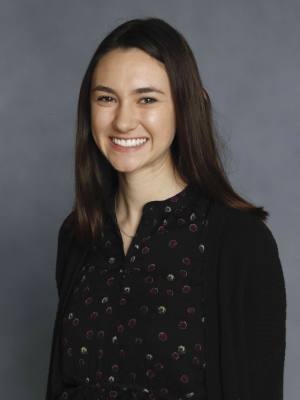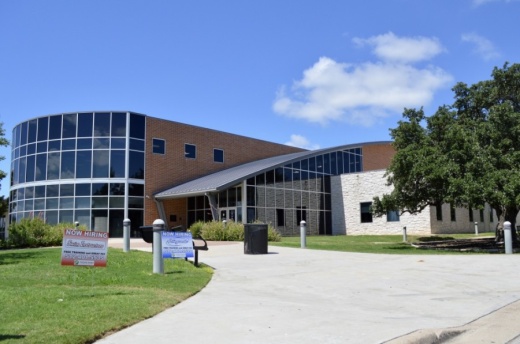Cedar Park City Council approved an ordinance Oct. 8 to amend city park-related fees in the city's code of ordinances.
Increased park fees for nonresidents will begin Jan. 1, and resident fees increases will be considered when planning the budget for fiscal year 2020-21.
Original post: Oct. 7
To align Cedar Park's park fees to other benchmark cities' fees, the city will look to raise resident and nonresident park fees in two phases.
Cedar Park City Council will consider an ordinance allowing the increased fees Oct. 8. As requested by council members at previous meetings, the raises would start Jan. 1 with nonresident park fees. The city will consider raising resident park fees in the fiscal year 2021-22 budget process.
Affected fees include city-managed recreation programs, facility rental fees, swimming pool admission fees and recreation center memberships. Currently, there are not different fees for residents and nonresidents in adult athletic leagues, such as softball and kickball, and swimming pool admission fees. The city will continue to charge the same fee for both types of visitors, according to the meeting agenda that outlines the proposed increases.
Assistant Director of Parks and Recreation Mike DeVito said Sept. 10 that parks usually operate at a 25% cost recovery deficit. Cedar Park was at a 30% deficit for fiscal year 2018-19, he said.
Mayor Corbin Van Arsdale said Sept. 10 that the parks can either be paid for by all Cedar Park residents or by those who use them. He said the park fees should be left to those who use them.
Council Member Mel Kirkland said the city should raise fees to match other cities’ rates, and he suggested multiple implementation phases.
“We shouldn’t be running deficit programs for nonresidents where taxpayers are picking up the difference for them," Kirkland said at the Sept. 10 meeting.
Other council members supported the phased increase and wished to first raise nonresident fees.
"I say we should leave the citizens alone. And next time around—next year budget time we can address it there," Council Member Tim Kelly said. "But for the nonresidents, we just need to increase it."





